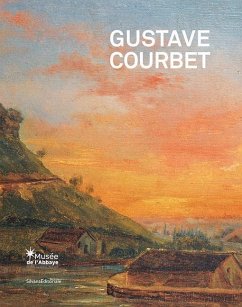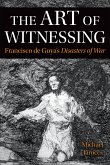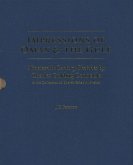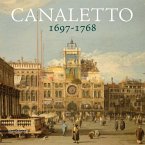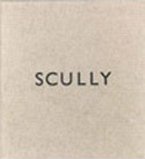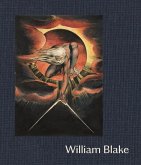How the French master of Realism launched an unvarnished and brooding vision of nature With a vehement, political commitment to Realism in art, French painter Gustave Courbet embraced the harsh beauty of the natural world in his landscapes. The French countryside and the islands of Lake Geneva are represented as Courbet himself saw them, with overcast skies and muddy beaches captured in rich dark tones, and limestone cliffs rendered with the sharp stroke of a palette knife. This volume presents a series of important pieces by Courbet, sourced mainly from the collections of the Gustave Courbet Institute and the Musée Courbet of Ornans, as well as artworks by other 19th-century painters influenced by his style. The publication also delves into the significant contributions of art critic George Besson and painter Guy Bardone, both of whom were dedicated to the preservation of Courbet's complicated legacy through the acquisition of the artist's birthplace in Ornans and the conservation of his art. Gustave Courbet (1819-77) eschewed the Romantic artistic conventions of his time and led 19th-century painting into the era of Realism. His paintings were strictly based on the world to hand, depicting typical laborers and unidealized landscapes with the severity of everyday reality. Controversial in France for both his art and his politics, Courbet was frequently the target of censorship, and he was briefly imprisoned for his involvement in an insurrection against the Parisian government. Courbet spent the last several years of his life in self-imposed exile in Switzerland.

